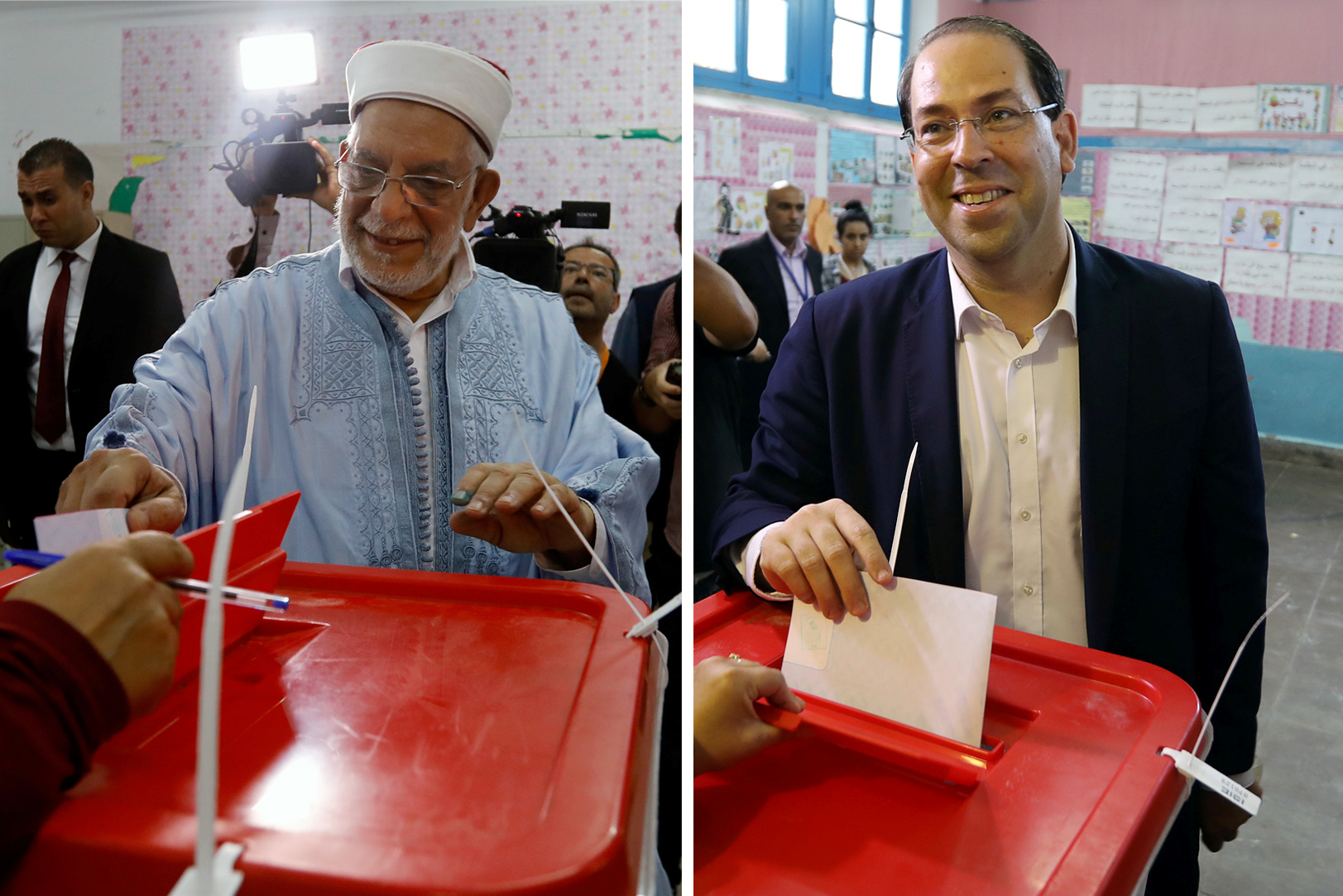
Tunisians begin voting on Sunday in a poll without clear front-runner

The campaigns that culminated to the polls saw the young democracy’s economic ills dominating the agenda.
Polling centers were opened as early as 8.00 am (0700 GMT) from the capital Tunis on the Mediterranean coastline to the cork forests of the northwest, the mining towns of the interior and sand-swept Saharan villages in the south.

The genesis and inspiration of the famous “Arab Spring” in 2011 was in Tunisia a country that threw off autocratic rule eight years ago in a revolution which gave rise to other revolts in Egypt, Yemen, Bahrain, Libya and Syria.
Shockingly it is only in Tunisia where people enjoyed a peaceful transition to democracy.
However, a perceived decline in living standards since the 2011 uprising, with higher unemployment and inflation, has frustrated many voters and turnout for local elections last year was only 34%.
Heavily indebted, Tunisia’s next government, like its last, will have to navigate popular demands to relax public purse strings while foreign lenders push for spending cuts.
Prime Minister Youssef Chahed, as well as two former prime ministers, a former president and the defence minister are among the two dozen candidates hoping to win outright or, if none of them win more than 50%, to advance to a second round run-off.
Two of the 26 still listed on the ballot papers have withdrawn in recent days to support an opposing candidate.
With so many in the race, Sunday’s vote could produce a very close outcome, with few votes separating the two candidates who make the second round run-off, due by Oct. 13, from the others.
The election was brought forward after the death in July of the incumbent Beji Caid Essebsi, and the independent election commission will have to deal with any appeals against the official verdict quickly.
Parliamentary elections will be held on October 6.






